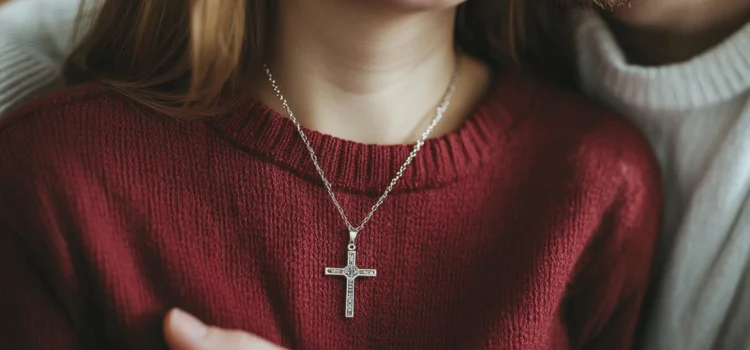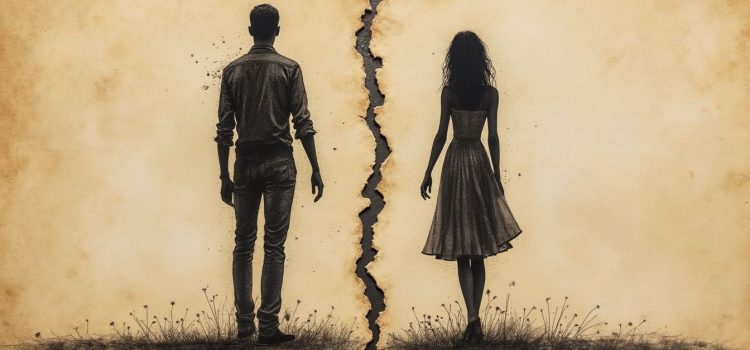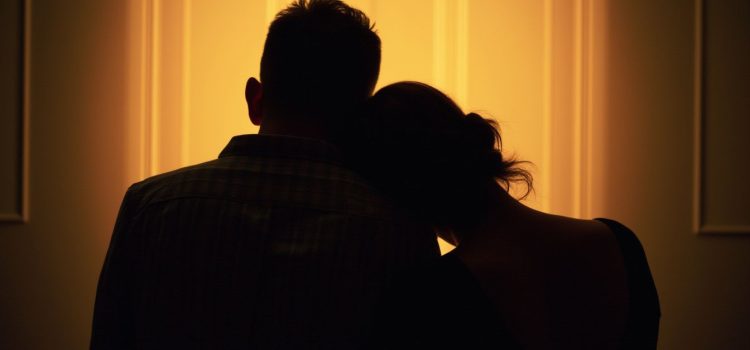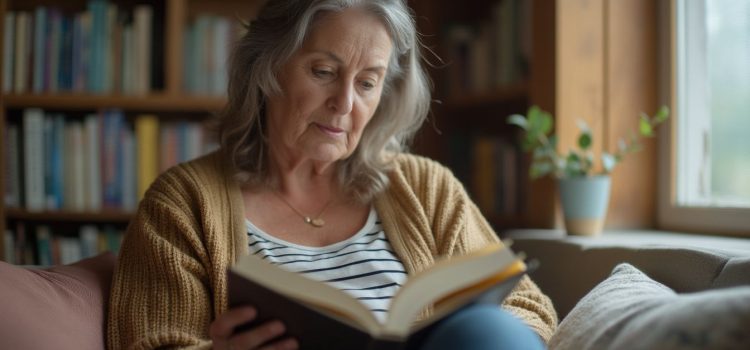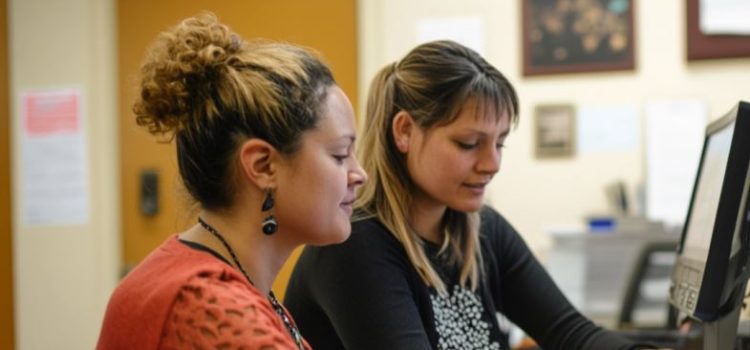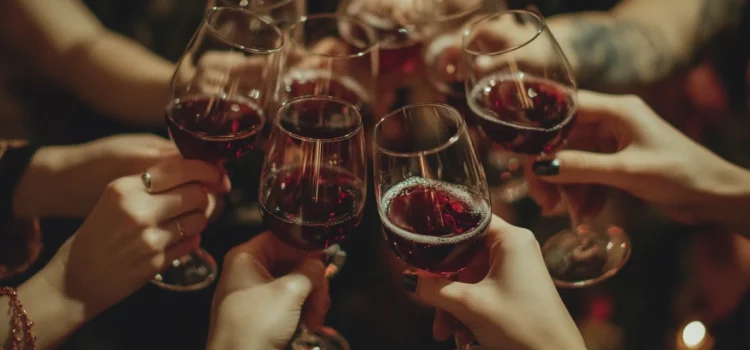Do you want to build a relationship that lasts? What’s Michael Todd’s Relationship Goals about? Michael Todd’s book Relationship Goals explores the profound connection between spirituality and romantic relationships. His approach combines wisdom with spiritual principles to help readers navigate the complexities of modern relationships. Read more in our brief overview of Relationship Goals.
Michael Todd’s Relationship Goals: Book Overview



